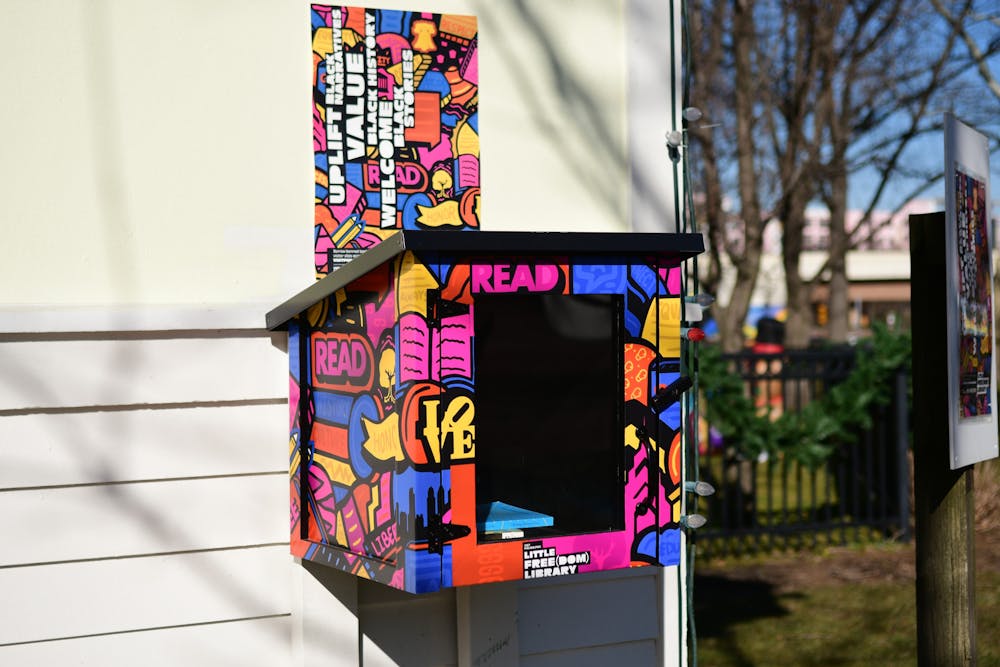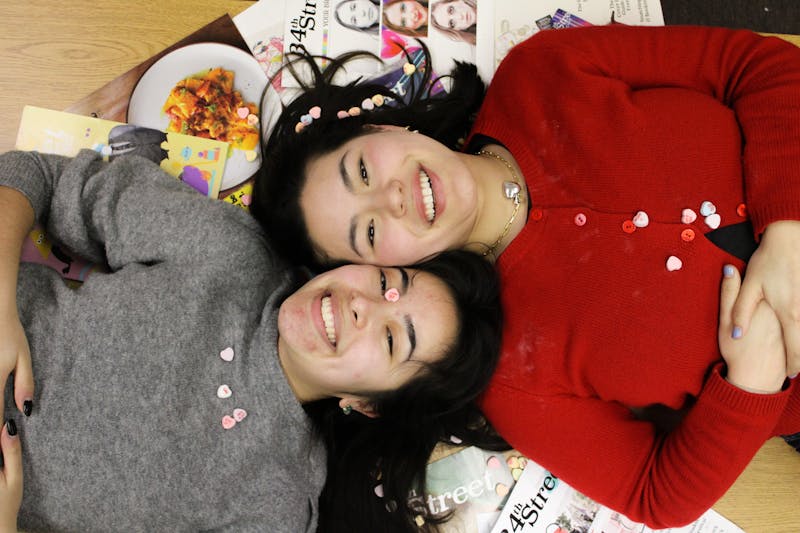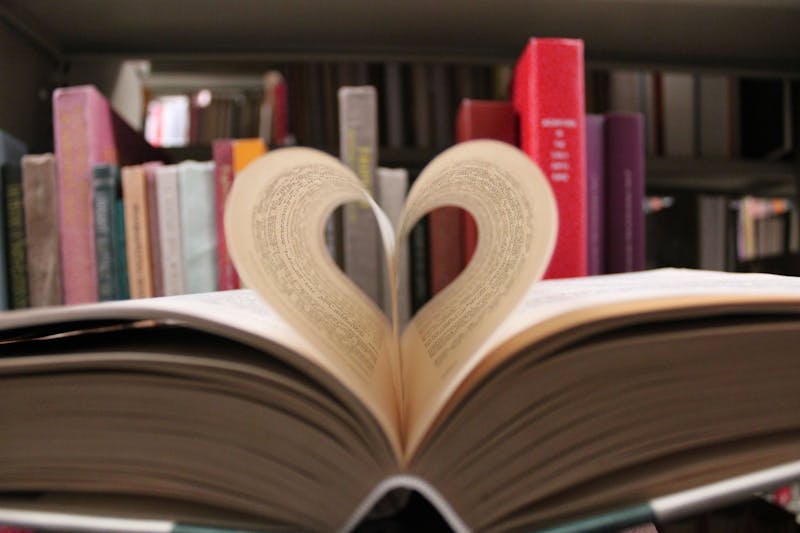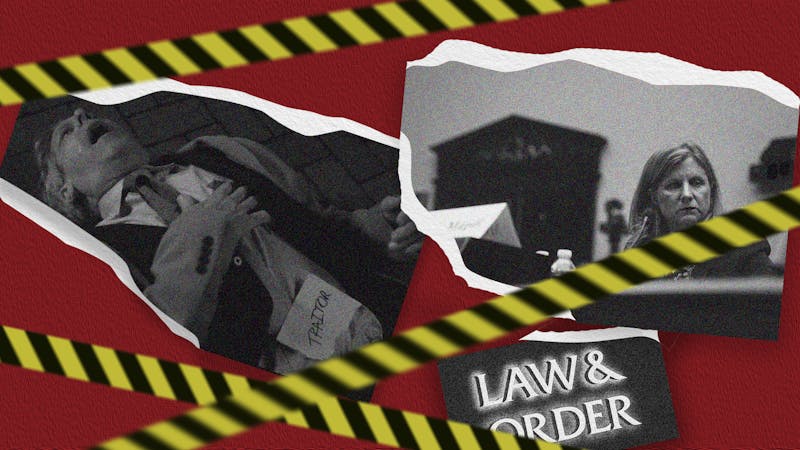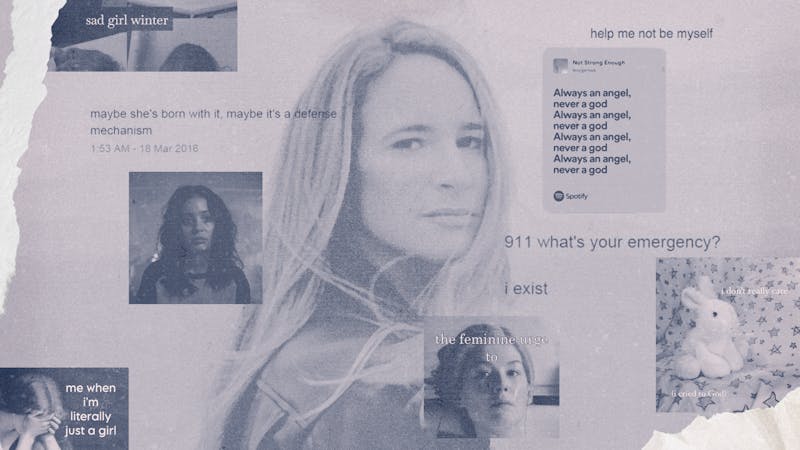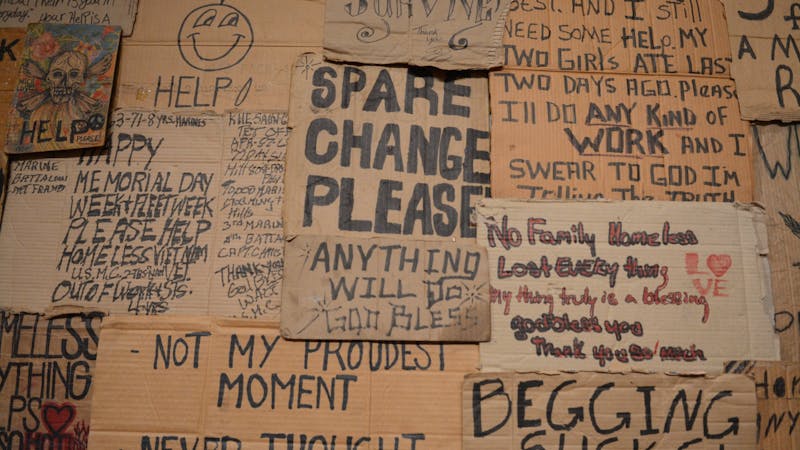Whether a die–hard Harry Potter fan or an unabashed Percy Jackson admirer, many students across the University of Pennsylvania’s campus can remember the excitement of picking up a new release of their favorite book series or staking out at Barnes & Noble to scour its new set of bestsellers. While not every student goes on to become an English or Comparative Literature major, the type of novels that students consume have a long–lasting impact on the development of their character and identity.
By immersing themselves in different cultures, time periods, and moral dilemmas presented in literature, individuals have a unique opportunity to gain greater insight into the diversity of human experiences, emotions, and perspectives that comprise the world around them. Fighting to preserve the importance of diversity in literature, the Little Free(dom) Library initiative aims to promote the rich history of Black narratives and their literary legacies.
The past decade has seen an unprecedented rise in literary censorship within public education as more books continue to be challenged, denounced, or banned throughout certain communities and institutions. With PEN America reporting a 33% increase in the number of books banned in public K–12 schools, advocating for the freedom to read transcends from simply being a matter of intellectual liberty to becoming a critical defense in safeguarding the preservation of cultural voices and democratic ideals.
As the nation commences its celebration of Black History Month, Visit Philadelphia has partnered with Little Free Library and the Free Library of Philadelphia to create the Little Free(dom) Library initiative. A nonprofit organization focused on promoting tourism across Philadelphia, Visit Philadelphia served as the project’s main organizer, attempting to highlight the city’s cultural diversity and historical legacies in the literary world.
“Expanding access to books is at the heart of everything that we do here at Little Free Library as a nonprofit organization,” Director of Communications for Little Free Libraries Margaret Aldrich says. “There are more than 180,000 little free libraries around the world, and this network has shared over 400,000,000 books. We think that everyone deserves to see themselves in the pages of a book, and we also know that we can all learn from perspectives different from our own.”
Through the collaboration, Visit Philadelphia has created 13 miniature libraries throughout the city designed to give residents the opportunity to take home a banned book by a Black author or leave their own favorite book for others to enjoy. A small wooden box designed to house 10 to 15 books, each mini library appears as a miniature bookshelf where residents can borrow a book or leave a novel to share with the rest of the community.
Beyond residential communities, the mini libraries will be placed at popular landmarks across Philadelphia—the Betsy Ross House, Columbia North YMCA, Eastern State Penitentiary, Franklin Square, Historic Germantown, Kimmel Center for Performing Arts, and the Philadelphia Museum of Art—in order to broaden community engagement with the project.
Officially launched on Feb. 1, 2024, the project features 1,500 novels by Black authors that promote the rich tapestry of African American heritage and amplify Black voices that have been historically repressed in the literary world. The curated selection of literature includes classic works like Beloved by Toni Morrison as well as more modern titles, such as the acclaimed The 1619 Project: A New Origin Story by Nikole Hannah–Jones and All Boys Aren’t Blue by George M. Johnson.
“Something that we love about this project is that it celebrates the Black experience and Black authors, not only during Black History Month but throughout the year,” Aldrich says. “We believe that having diverse books available is important not only to the representative population but also to everyone being able to read those perspectives to help them grow their understanding and inclusion and really make the world a kinder place.”
Expounding upon its mission to uplift marginalized members of the Black community, Visit Philadelphia ensured that the entire discography of novels included in its project was sourced from local Black–owned bookstores within the city. Through its work with Black and Nobel, Hakim’s Bookstore & Gift Shop, Harriet’s Bookshop, Uncle Bobbie’s Coffee & Books, and The Black Reserve Bookstore, the Little Free(dom) Library initiative encourages visitors to support local Black businesses and help strengthen minority entrepreneurship.
Highlighting the scope of Black talent beyond the literary realm, each Little Free(dom) Library is adorned with vibrant, dynamic artwork designed by local Black artist Alloyius Mcilwaine. A self–taught painter, Mcilwaine’s work was intended to serve as a visual commemoration of the beauty embedded within the Black community and its culture.
The initiative marks the third installment of Visit Philadelphia’s broader local project, In Pursuit of a More Perfect Union, which aims to examine the city’s approach to commemorating national heritage holidays. Through its focus on bridging cultural barriers across the city, Visit Philadelphia’s project reimagines Philadelphia as a city rooted in inclusivity rather than discriminatory ideals.
“As the official destination marketing organization for the city, Visit Philadelphia works to honor the nation’s history, while also acknowledging that the Founding Fathers' vision of America does not reflect how many of our values have evolved,” the organization says in a public statement. “This series aims to bring Americans closer to realizing a more perfect union.”
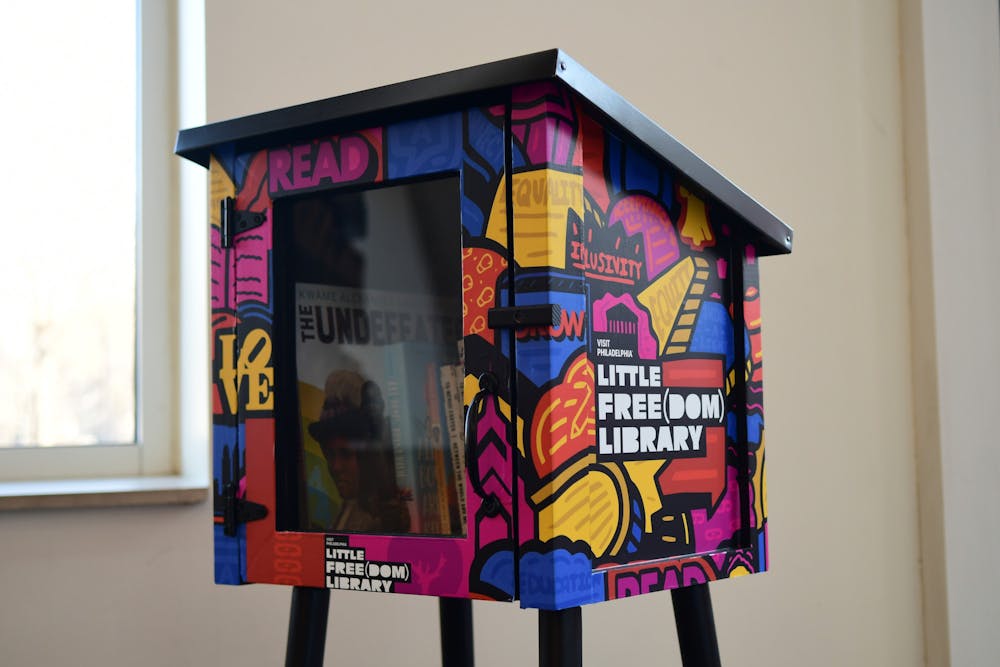
The Little Free(dom) Library initiative sheds light on the national debates that continue to persist over literary censorship in public education. While often considered an antiquated relic of the past, censorship has surged in recent years, increasingly targeting books that uplift diverse perspectives, challenge societal conventions, and amplify minority voices.
Professor of education at the Penn Graduate School of Education Jonathan Zimmerman supports the initiative's aim to preserve cultural diversity in literature by allowing students in public education the opportunity to connect with voices beyond their own lived experiences.
“If young people can’t be exposed to matters about race and sexuality, they’re not going to understand the way that those concepts work in our society,” Zimmerman says. “LGBTQ+ and African American individuals are part of America. It seems to me that if we decide as some states that we’re not going to include those perspectives, it isn’t just LGBTQ+ and African Americans that are going to be harmed but all of us because we need to learn about the differences in our society.”
According to data retrieved from PEN America’s Index of School Book Bans, the 11 most banned books at the start of the 2022–2023 school year included Gender Queer: A Memoir by Maia Kobabe, The Handmaid’s Tale: The Graphic Novel by Margaret Atwood and Renee Nault, Sold by Patricia McCormick, and The Bluest Eye by Toni Morrison, all of which have been banned in more than ten schools across the nation.
The rising trend of literary censorship in public education not only undermines the principles of intellectual freedom and critical thinking but also perpetuates systemic inequality by marginalizing certain communities' voices. While the suppression of Black voices in literature can be traced back to the banning of slave narratives in the antebellum period, current efforts to erase Black authors' legacies from public discourse poses a renewed threat to the United States’ progression towards a more equitable society.
“In a democracy, to prepare citizens, you need to expose them to different points of view,” Zimmerman says. “And if all you’re doing is restricting what it is that they can read, you’re preventing their development as citizens. Nobody should be forced to read anything, but they should have the option of reading anything. And what troubles me is how these bans are going to restrict what our students can know and learn.”
On Penn's own campus, students can visit Penn Libraries’ Banned Books Collection organized by the Curator of Research Services at the Kislak Center, John Pollack, to learn more about the history underlying literary censorship in the United States and its tangential relevancy to the debates occurring in public libraries across the country today.
“[The current debate in public education] is a manifestation of this old battle between authorities and information,” Pollack says. “It is a debate of who gets to say what and what information you should have access to in the form of books. The Catholic Church famously tried to control this in the early modern period by producing the Index of Banned Books which led to people arguing about how successful and effective it was. It's the same thing here.”
Fueled by ideological polarization, cultural suppression, and political antagonism, the censorship of books exploring themes of race, gender, and sexuality continues to restrict students’ access to novels that illuminate diverse perspectives and cultural experiences. By censoring literary works that challenge systemic oppression, educational institutions continue to violate students’ rights to intellectual freedom.
Confronted by mounting literary censorship, projects such as the Little Free(dom) Library initiative can help combat censorship wherever it arises by amplifying the voices of minority authors, expanding readers’ literary exposure, and illuminating suppressed community perspectives. Throughout Black History Month, students can visit a Little Free(dom) Library in Philadelphia to ensure that the stories of Black authors are celebrated rather than silenced, and that the literature of the future continues to reflect the diverse experiences found across the city’s cultural communities.
